by Jason Tieri | May 16, 2024 | In The News
Instacart has announced a new partnership with Uber Eats, allowing Instacart customers to order food from Uber Eats’ extensive network of restaurant partners. This collaboration will integrate Uber Eats’ restaurant delivery service into the Instacart app, providing users with more dining options alongside their grocery deliveries. Read the rest of the article here.

by Jason Tieri | May 15, 2024 | In The News
Uber is investing heavily in promoting a Nevada ballot measure that aims to cap contingency fees for lawyers at 20% in all civil litigation cases. This proposal has sparked controversy, with critics arguing that it would make it harder for civil plaintiffs to find legal representation, particularly in cases against large corporations like Uber. Read the rest of the article here.

by Jason Tieri | May 14, 2024 | Podcasts
Everything Gig Economy Podcast Related: https://gigeconomyshow.com/
Thanks so much for listening. We appreciate each and every one of you!
Download the audio podcast https://link.chtbl.com/TheGigEconomyPodcast
Kim’s Side Money Plans: Podcast: http://redcircle.com/kimssidemoneyplans
YouTube Channel: https://www.youtube.com/@kimssidemoneyplans
Do you want to pee in something fancy when you can’t find a bathroom?
Introducing the Thirsty Goose: thirstygoose.co/THEGIGECONOMYPODCAST
Use the code: THEGIGECONOMYPODCAST for 10% off
A mobile vending machine in your car and way better than cargo! https://ridy.club/presale/order?ref_code=3db5
Octopus is a mobile entertainment tablet for your riders. Earn 100.00 per month for having the tablet in your car! No cost for the driver!
https://playoctopus.page.link/HD2FBKJzFqRR35YE9
Want to earn more and stay safe? Download Maxymo https://middletontech.com/gigeconomypodcast
Love the show? You now have the opportunity to support the show with some great rewards by becoming a Patron. Tier #2 we offer free merch, an Extra in-depth podcast per month, and an NSFW pre-show https://www.patreon.com/thegigeconpodcast
Community Facebook Group: https://www.facebook.com/groups/451789943399295/
The Gig Economy Podcast Group Download Telegram 1st, then click on the link to join. https://t.me/joinchat/R42wUR2QGhCi2gBD
TikTok: https://www.tiktok.com/@gigeconomypodcast?
Subscribe on Youtube https://www.youtube.com/channel/UCK_bV7j7o1BzWtB4mt_4R8Q?view_as=subscriber
Follow us on Twitter https://twitter.com/gigeconpodcast
The camera we recommend: Vantrue N2 Pro http://amzn.to/2tYAPWM
This podcast is produced by Hey Guys Media Group LLC http://www.heyguysmediagroup.com
Want to start your own podcast? Reach out to them today!

by Jason Tieri | May 5, 2024 | In The News
Republican senators are launching an investigation into Uber Eats, DoorDash, and Grubhub following a report by the New York Post on the companies’ employment practices regarding migrant workers. Read the rest of the article here.




